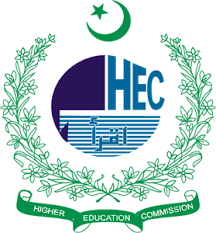Teachings of Islam about Care of Orphans and Their Application in Contemporary Welfare Systems: A Contextual Analysis for Pakistan
Keywords:
Orphans, Islamic Ethics, Child Welfare, Pakistan, Social Protection, Qur’an, Sunnah, Welfare SystemsAbstract
This article explores the Islamic injunctions concerning the care and protection of orphans, analyzing their theological foundations and ethical imperatives. It further investigates how these principles can inform and enhance contemporary welfare systems, with a specific focus on the socio-legal and institutional landscape of Pakistan. Drawing upon primary Islamic sources—namely the Qur’an and Sunnah—and referencing scholarly interpretations, the study underscores the centrality of orphan welfare in Islamic social ethics. The article critically examines the existing legal and policy frameworks in Pakistan, including the role of state institutions, non-governmental organizations (NGOs), and community-based initiatives, in fulfilling the Islamic mandate of orphan care. It identifies systemic challenges such as legal ambiguities, resource constraints, and implementation gaps, while proposing integrative models that harmonize Islamic ethical imperatives with modern welfare mechanisms. The research concludes that a rights-based, faith-informed approach can significantly improve the protection, development, and social integration of orphans in Pakistan, thereby aligning national welfare practices with both Islamic teachings and international child rights standards.









